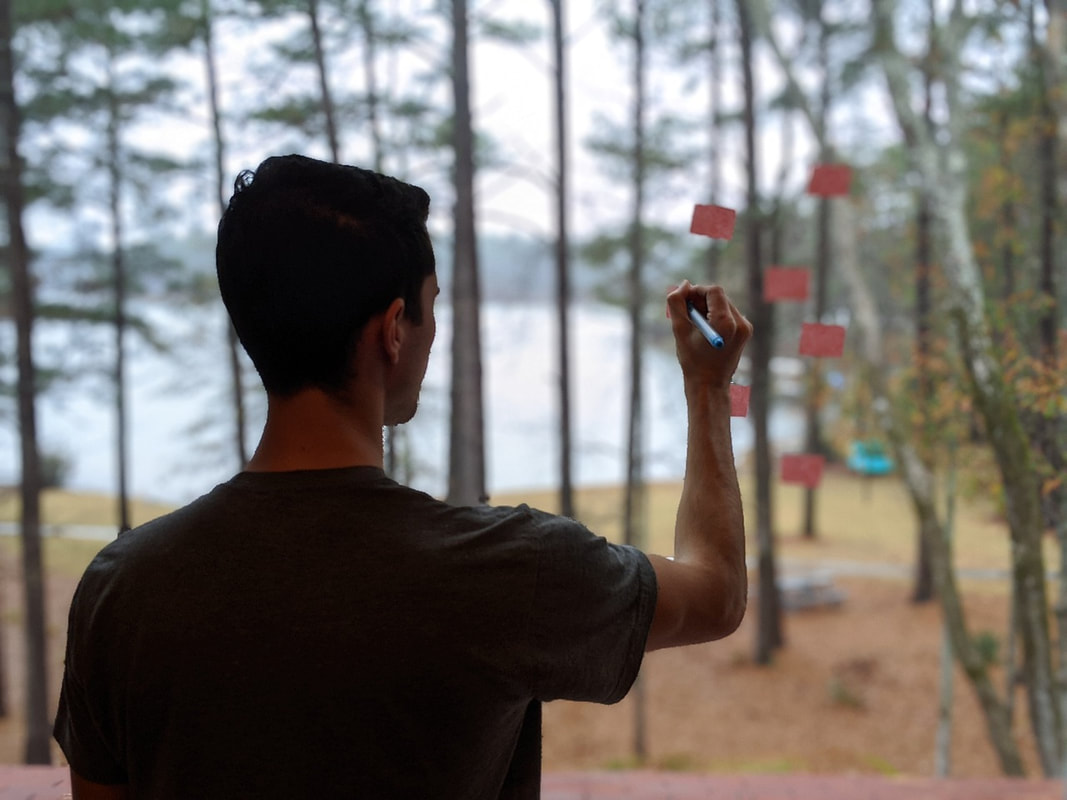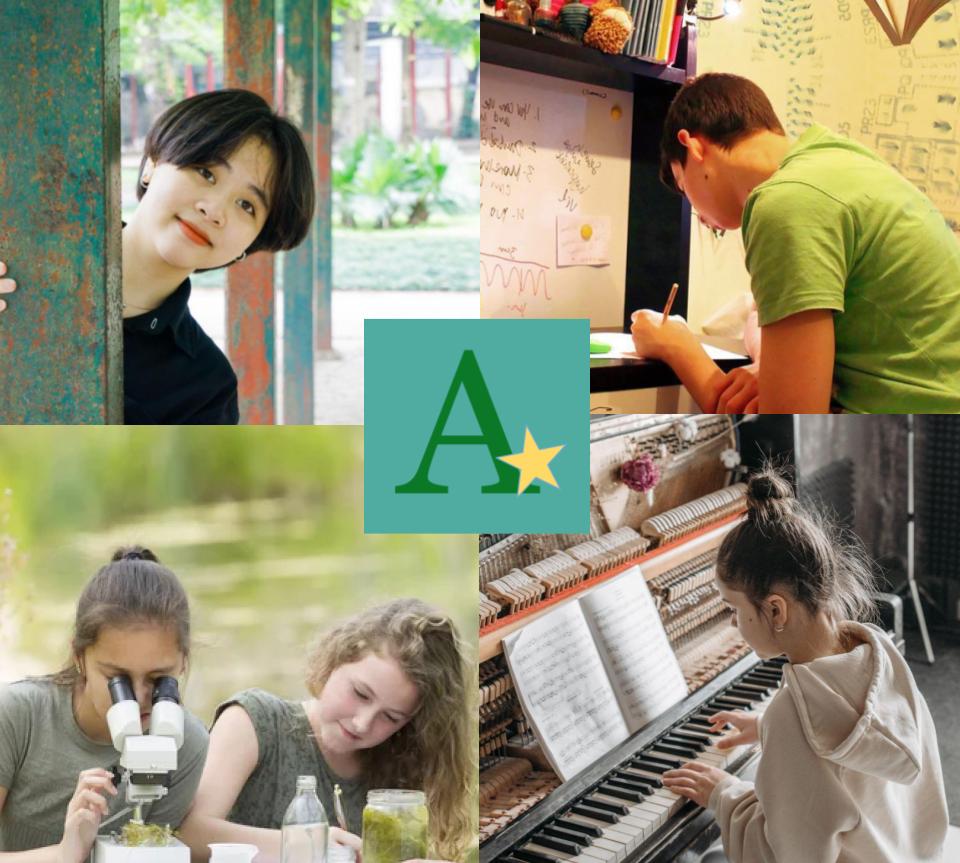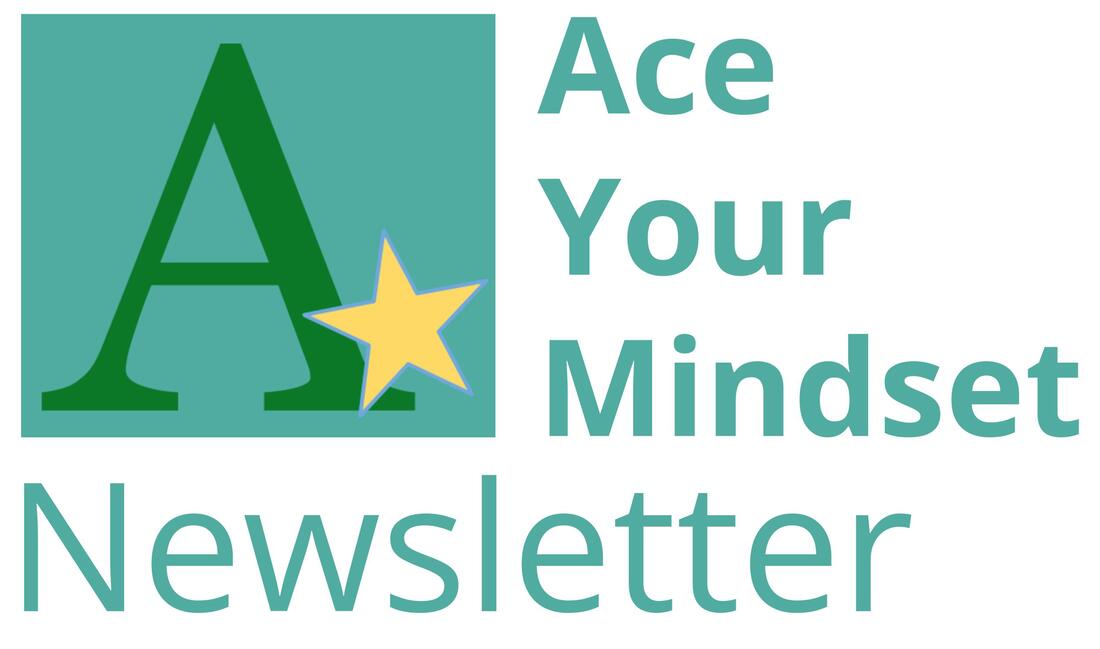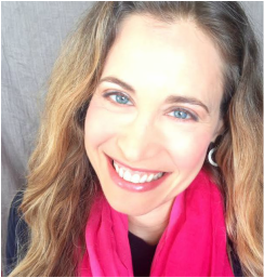According to studies conducted by McKinsey & Company, Harvard University, Stanford Graduate School of Education, Government Accountability Office, Proceedings of the National Academy of Sciences of the United States of America, National Bureau of Economic Research and The World Bank, to name just a few organizations, learning interruptions via school closures have taken a significant toll on academic skill development for a generation of learners.
If your child is falling behind or in danger of doing so, they may develop ongoing challenges. For example, they may:
- Fall further behind.
- Leave poor study habits unchecked.
- Doubt their academic abilities and potential.
- Reinforce routines that lack planning or organization.
- Struggle to stay engaged in classes that do not seem relevant.
- Lack a vision for how to remain competitive with other college applicants.
Fortunately, struggling students of any age can use summer to dramatically improve academic capabilities. With support, they can:
- Close skill gaps and begin the fall term on more solid ground.
- Become a stronger writer, or complete college essays early.
- Research an area of interest while in middle school or high school, bolstering multidisciplinary problem solving skills.
- Build a unique college portfolio that will distinguish them from other applicants.
- Develop stronger independence and academic life skills to support an easier transition to college.
Read more about how your struggling student can ace their summer.
Don’t let your struggling student lose momentum over the summer! Learn more, or book a free consultation now.






